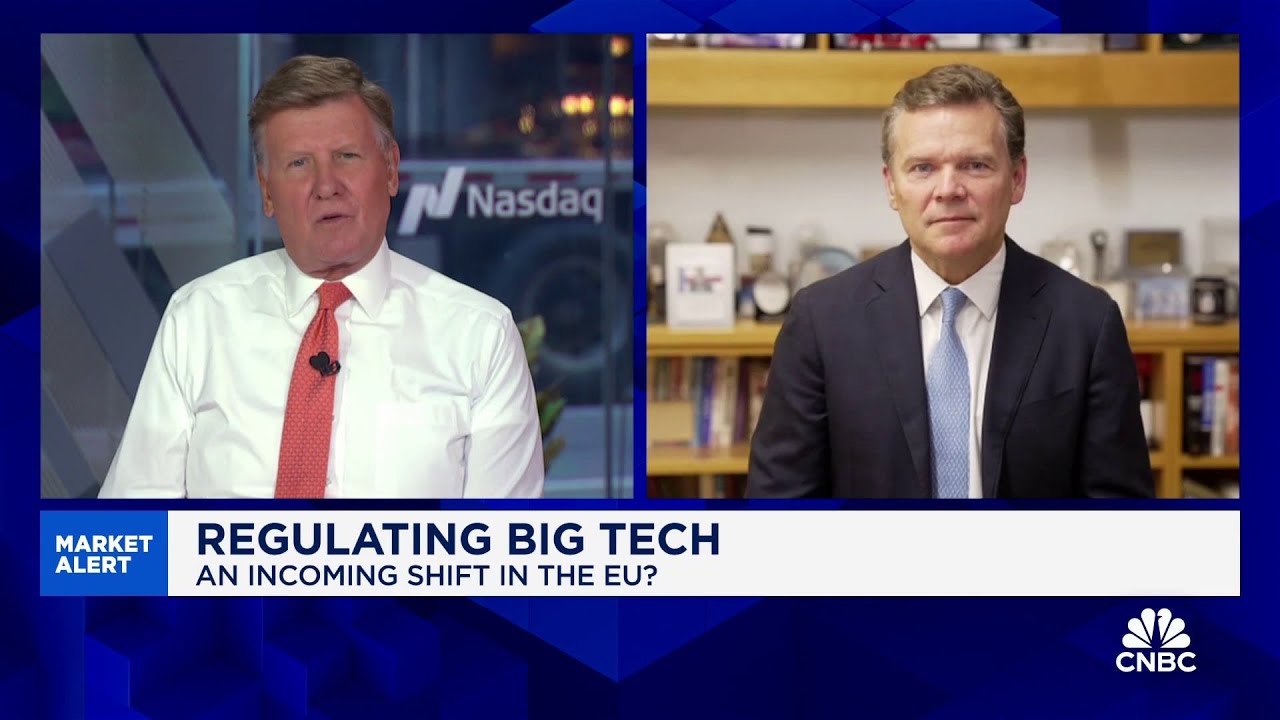Peter Huntsman, CEO of Huntsman Corp, emphasized that the competitiveness of AI will depend on both technological advancements and the availability of reliable energy sources, particularly natural gas and coal. He criticized European energy policies and highlighted the need for a balanced approach that acknowledges the essential role of hydrocarbons in supporting technological growth and innovation in the U.S. tech sector.
In a recent discussion, Peter Huntsman, CEO and President of Huntsman Corp, shared his insights on the competitiveness of artificial intelligence (AI) and the implications of global tech regulation. He emphasized that the future of AI will be driven by both technological advancements and energy availability. Huntsman pointed out that reliable, affordable, and readily available energy sources, primarily natural gas and coal, are essential for the growth and competitiveness of AI in the United States.
Huntsman expressed skepticism about European industrial energy and tech policies, suggesting that there is little to learn from them. He criticized the EU’s approach to environmental policy, arguing that it often contradicts the realities of energy production. He highlighted that all forms of energy, including renewable sources, ultimately rely on hydrocarbons and the chemical industry for infrastructure and technology development. This reliance raises questions about the effectiveness of policies that aim to limit hydrocarbon use.
The conversation also touched on the potential shift in antitrust policies under a new incoming chief, which could impact major tech companies like Meta, Alphabet, Apple, and Amazon. Huntsman indicated that the regulatory landscape is evolving, and it remains to be seen whether these changes will benefit or hinder innovation and competitiveness in the tech sector. He suggested that the pendulum may swing back as lessons are learned from recent global energy crises, such as the aftermath of the Russia-Ukraine conflict.
Huntsman further critiqued the disconnect between political rhetoric and the realities of energy production and consumption. He questioned whether policymakers fully understand the implications of their statements regarding green energy and its relationship with AI and technology. He argued that while there is a push for renewable energy, the need for backup sources and the inefficiencies of certain green technologies must be acknowledged.
In conclusion, Huntsman underscored the importance of a balanced approach to energy policy that recognizes the foundational role of hydrocarbons in supporting technological advancements like AI. He called for a realistic understanding of energy dynamics and the need for reliable sources to ensure the competitiveness of the U.S. in the global tech landscape. The discussion highlighted the complexities of energy policy, technological innovation, and regulatory frameworks in shaping the future of AI and the broader tech industry.
